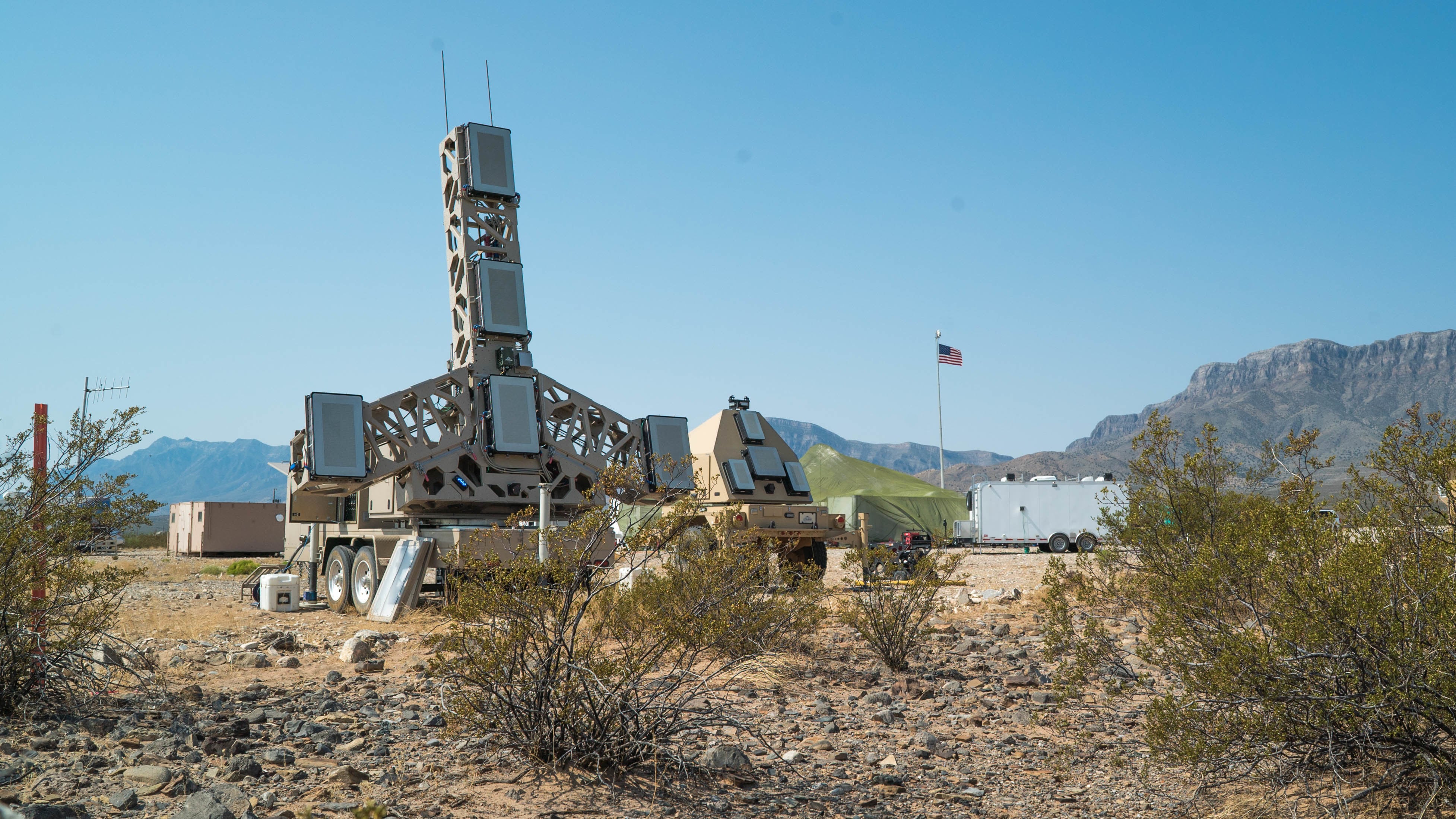WASHINGTON — Russia’s flagging invasion of its smaller neighbor Ukraine is demonstrating just how effective Western technologies are and how those who wield them maintain an advantage, according to German Air Force Gen. Chris Badia.
“The Ukraine war shows us one thing,” Badia, the deputy supreme allied commander for transformation at NATO, said at a symposium in Washington, D.C., Oct. 25. “Western technology is key.”
The U.S. has pledged Ukraine more than $20.3 billion in security assistance since 2014, including $17.6 billion since the Russian war machine rolled across the border Feb. 24.
Equipment and other items the U.S. has committed to the frontlines of Eastern Europe include Stinger anti-aircraft systems, Javelin anti-armor systems, Howitzers, drones and unmanned coastal defense vessels, tactical vehicles, helicopters, electronic jamming equipment, radars, mortars, grenade launchers, small arms, millions of rounds of ammunition and thousands of sets of body armor and helmets.
Other friendly nations have delivered artillery systems, tanks, infantry fighting vehicles and short-range air defense missiles, among other kit.
“We are successful, and it is still advantageous over the rest,” Badia told the symposium sponsored by the Association of Old Crows, a nonprofit specializing in electronic warfare and information operations.
Ukrainian officials are pleased with the modern equipment — a pivot away from aging Soviet arsenals — and “how fast they get used to it and how superior it is,” he said. The U.S. is training Ukrainian troops on the systems it is furnishing.
RELATED

“It doesn’t matter if it’s a Howitzer, if it’s whatever gadget,” Badia told C4ISRNET after his speech at the event. “The overall experience and observation they’re making is as soon as Western technology comes into play, Russia cannot cope with it.”
The U.S. considers Russia and China top-tier threats. The former poses more immediate dangers; the latter, more long-term hazards.
Ukraine Defense Minister Oleksii Reznikov this year declared that Russia has to be defeated on the battlefield and that Ukraine has proved it possible. He described his embattled country as a “testing ground” for Western weapons and tactics.
Pentagon officials are closely monitoring the fight and gleaning from it lessons, including the value of encrypted communications, how electronic warfare is employed, the importance of logistics and planning, and the deadly new roles drones play.
“It’s all about capabilities that ensure that allies and partners leave the battlefield as winners,” Badia said. “Because, as we all know, in our business there is no prize for second best.”
Colin Demarest was a reporter at C4ISRNET, where he covered military networks, cyber and IT. Colin had previously covered the Department of Energy and its National Nuclear Security Administration — namely Cold War cleanup and nuclear weapons development — for a daily newspaper in South Carolina. Colin is also an award-winning photographer.








